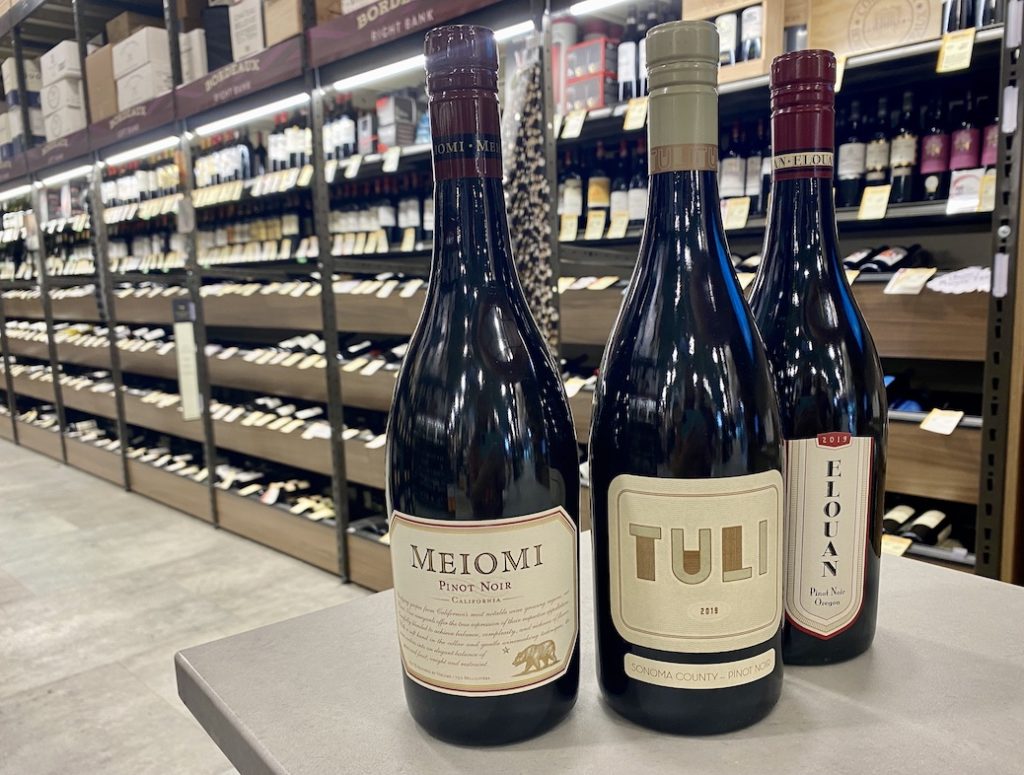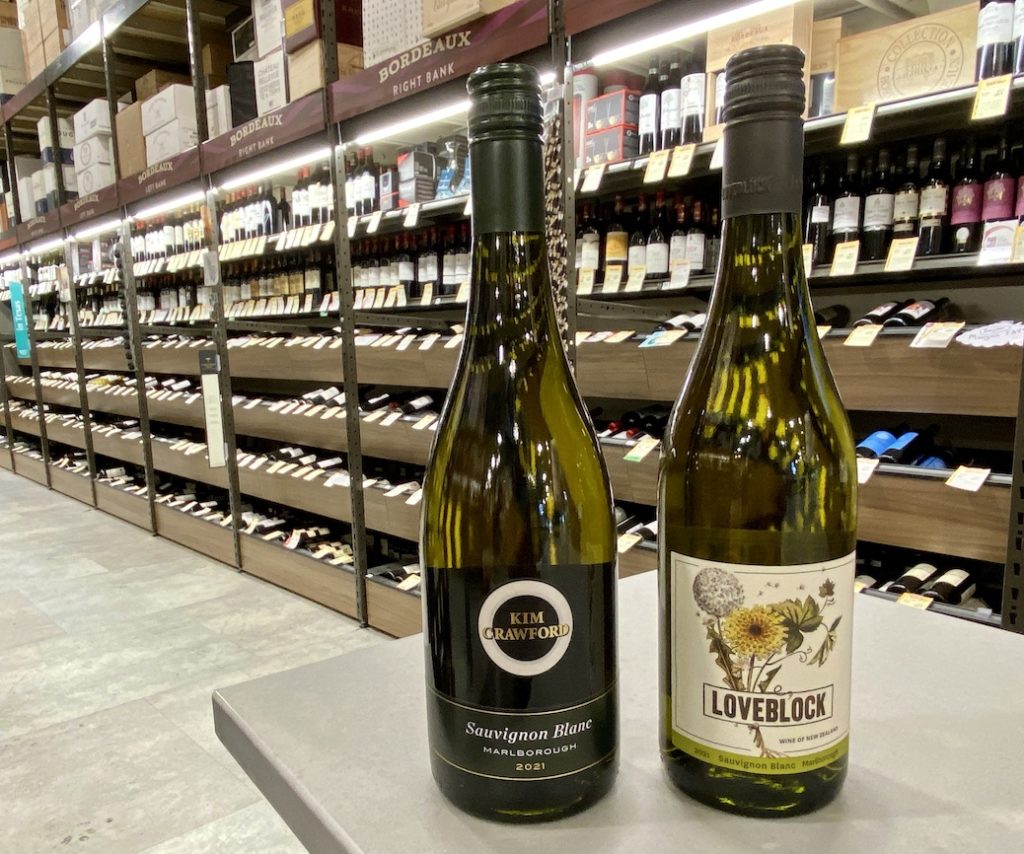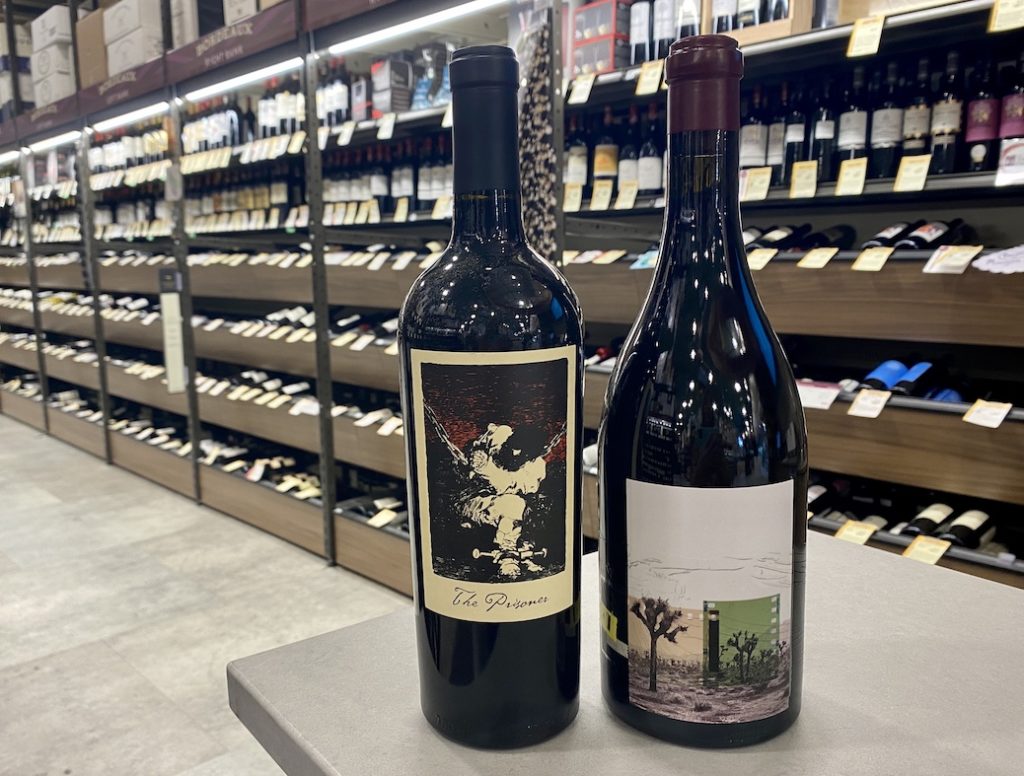
Would you like to discover artisan wines made by winemakers of famous labels?
Have you ever wondered who created the popular wines you see on the shelves of big box grocery stores and menus? Many of these wines were created by a wine maker who sold their popular brand name for tens-of-millions of dollars, and with the money earned, created new small batch wines that became the artisan cousin of the famous label found everywhere.
The difference being that the famous names are owned by large wine consolidators with production requirements so large they source grapes from many growers. The winemaker with a crafted, artisan label is most likely using his own land and facility to make the wine—giving him full control over the finished product.
In this post I explore three winemakers. Each vintner the creator of a famous-name you will recognize, and each parlaying a multi-million-dollar sale into newly purchased sites to create new vineyards and crafted, small batch wines.
Now, if you don’t want to hear a personal story, jump to the photo to see the three wine groups, because in the next paragraphs I’m going to tell you how this became my interest.

It started with the wine called, The Prisoner, first created in Napa, in 2000 by David Phinney.
The Prisoner was a very popular wine. Most of my social group drank it. If Mac and I went to their home, we took, The Prisoner…and vise versa. It was our choice at restaurants. A few years ago, we ordered The Prisoner at a popular Dallas restaurant we frequent. No big deal, right?!
Around 2 a.m. I awoke with clammy skin and a terrible headache. I didn’t think much about it—maybe it’s a bug. Well, a few weeks later we were back at the restaurant, ordering the same wine, and once again the same clamminess and headache. There was a high chance it had to be the wine.
A few weeks later at a wine tasting, I mentioned this reaction to a Sommelier. He asked the timeline. We established that this reaction coincided with production release after the sale of the artisan, small batch Prisoner to a wine consolidator. For The Prisoner, small batch was approximately 385 cases. With this sale the consolidator increased production to 165,000 cases in 2017. As a side note, The Prisoner was sold again to Constellation Wine Group, making their production even greater.
I have since had lessons on the additive Mega Purple, and recently a lesson, from a Total Wine rep, on the fermentation quickening agent Chaptalization.
Hear what a Somm says about bio-dynamic wines, Mega Purple, corks, the “right” price to pay when ordering a bottle, and more…here on my YouTube video.
Three Winemakers and Their Creations
Meiomi and Tuli…and Elouan

Meiomi Pinot Noir was created in 2006 by Joe Wagner, son of Chuck Wagner, the creator of Caymus. In 2015, Joe sold Meiomi to Constellation Brands for $315 million.
Meiomi launched in 2006. By 2010 it had sold 90,000 cases. By 2016, Meiomi was producing approximately 700,000 cases annually, and the label passed the million case mark in 2017. READ THE FULL ARTICLE HERE.
“Constellation is paying a hefty price for Meiomi. Wagner told SND, a sister publication of Wine Spectator, that the deal price was roughly a 24 times multiple against the brand’s present and future earnings.”
Read the Full Article Here
Tuli is the artisan brand, along with Elouan under his current company brand Copper Cane Wines. Tuli is available as a Pinot Noir or Chardonnay. These wines are grown on family owned land, and created by Joe Wagner and his team.
The names Meiomi and Tuli come from a native Wappo Tribe that originally inhabited Sonoma County. Tuli means “sharing” in Wappo, and Meiomi means, “coastal” in Wappo.
Kim Crawford and Loveblock

What wine drinker hasn’t had a glass of Kim Crawford? Personally, I love it, and wouldn’t think of having dinner with my friend, Gabi, and us not getting a bottle. So who is Kim Crawford? I had visions of a sleek, blonde, brilliantly creative woman with a winery…and I was so wrong. Kim is a man, married to Erica.
The label began in a back room inside their Auckland home. Kim was a well-known local, Marlborough, New Zealand winemaker; Erica, a structured business planner. In 2006 they, like Joe Wagner, sold their brand to Constellation Brands netting a cool $50 million.
What is the wine Kim Crawford makes after he quits making Kim Crawford? The Crawfords are now almost a decade into their second act, running Loveblock Wines, their organics-driven estate amid the windswept hills of Marlborough in the northeastern tip of the South Island.
Constellation locked the Crawfords up with a ten-year non-compete clause for making or selling wine. However, this clause didn’t prevent them from growing grapes. This ten-year window allowed the Crawfords time to purchase land, source and establish vines, and develop Loveblock into a label they fully control.
In 2019, Loveblock produced 35,000 cases.
The Prisoner and 8 Years in the Desert

The Prisoner began in Napa, created in 2000 by David Phinney. It gained in popularity because of the creepy, dark label—which had never been seen on a wine bottle before. The Prisoner Wine Company was based on a sketch by Spanish artist, Goya. This sketch represented a visual plea against injustice, cruelty, and brutality of the Spanish War of Independence. At age twelve, Phinney’s parents gave him this sketch.
The Prisoner brand did not produce from a single vineyard, but from a network of 100 growers in California. Phinney sold The Prisoner in 2010 to Huneeus Vintners for a reported $40 million to focus on his boutique brand, Orin Swift Cellars. In 2016 Huneeus sold the brand to Constellation for $285 million.
Now you should know Orin Swift is not a real person. It’s a brand name, Orin Swift Cellars. Orin is Phinney’s father’s middle name, and Swift is his mother’s maiden name.
As a side story, when you google Huneeus and The Prisoner, it brings up the story that Augustin F. Huneeus was sentenced to 5 months in prison for his role in the past college admission scandal.
In 2016, 8 Years in the Desert released onto the wine market. The wine is named due to Phinney’s non-compete agreement with Huneeus Vintners that he not make Zinfandel for eight years.
If you buy this wine, take notice of the cork marked with the number 8. This number represents money, success and power. Horizontally 8 is the symbol of infinity.
David Phinney stayed on with E. & J. Gallo Winery after the purchase of Orin Swift Cellars. Phinney enjoys working within the structure of Gallo—the largest family owned wine company in the world.


Phebe reads cat stories, drinks good wine, and lives with a bunch of cats. Check out her podcast, The Literary Catcast —dedicated to the preservation of vintage books and writings with cats as main characters, bringing their awareness into the modern form of a podcast.
Find her poetry, and podcast episodes on her YouTube Channel
What an interesting story. I am sure testing all of these wines was fun!
You know it was…. ~P
I love this! Brilliant research and we share a great passion for clean ingredients. Such a difference in taste and next day abilities 🙂 Thanks Phebe 🙂
Hi Nicole,
You are so right about clean ingredients. The rapid processing of mass products ruins them. Loveblock, Tuli, and 8 Years are my favorites of this post.
Love, Love,
Phebe
Phoebe,
A fantastic and fun article brilliantly researched and presented; I loved it. Compelling page turner so speak.
Hi Toni,
Thank you so much. It was fun to research.
With friendship,
Phebe
Really interesting and informative. Congrats and so well done!
It now explains that many of my friends and myself drink wine from Europe, Australia and New Zealand. Kim Crawford is my favorite.
Hi Gabi,
I think those wine choices are best. We shall always drink Kim Crawford when you’re in town!
Love, Love ~ Phebe
Wow look at you! What an impressive wine “article”! Thanks for the heads up.
Indeed, mass production pretty much wrecks the tastiness. In the same way, Wonder Bread is to an Artisinal bakery.
You should explore writing as a way of life, 😎
Hi Jeff,
I appreciate the Wonder Bread comparison. So true.
With friendship,
Phebe